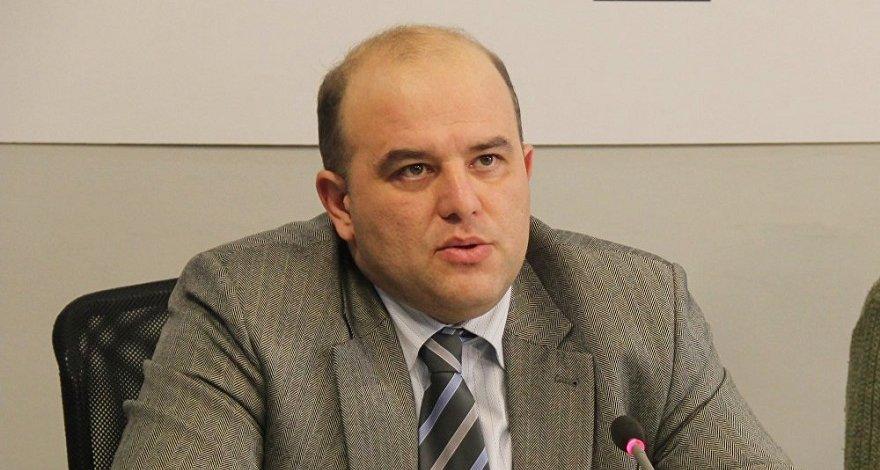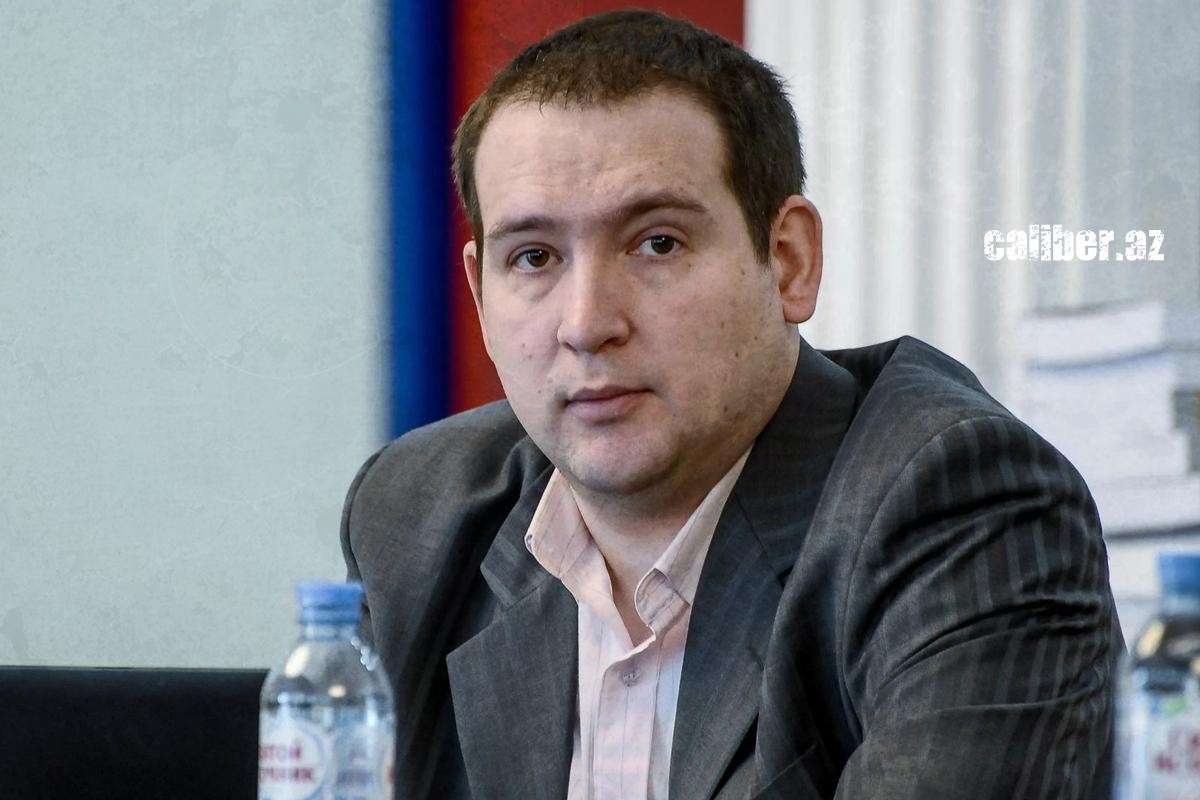Will 2024 see a breakthrough in the geopolitical landscape of the South Caucasus? Experts' forecasts on Caliber.Az
What is the realistic forecast for our country and the region in the new year? Could 2024 be the time when Armenia and Azerbaijan officially end their long conflict?
It is a fact that during the past year, Azerbaijan has solved the main problem, i.e. the complete restoration of the country's sovereign and territorial integrity. In September, Azerbaijan regained control over Karabakh thanks to lightning-fast counter-terrorism measures. Both sides, Azerbaijan and Armenia, now say they have reached agreement on most of the remaining basic issues. Diplomatic talks appear likely to resume after a hiatus.
A resolution of the conflict could be a game changer for the region. If Armenia and Azerbaijan make peace, a rapprochement between Armenia and Turkey could soon follow. This would reopen the borders between the three countries, ending Armenia's long geographical isolation. It would also prepare the South Caucasus to take full advantage of new transport projects aimed at moving goods between Europe and Asia.
So what are the chances that Baku and Yerevan will manage to conclude a full-fledged peace and that nothing and no one will stand in their way? What are the arguments in their favour?
At the request of Caliber.Az, prominent foreign observers had a look at the situation.

Professor Vakhtang Maisaya (Tbilisi), Doctor of Military and Political Sciences, believes that a peace treaty between Armenia and Azerbaijan is going to get signed already this year.
"I think this will happen in the near future. Of course, this will change the whole geopolitical layout of the South Caucasus, and certainly the indicators of regional security. I do not think that the Russian factor will somehow diminish. On the contrary, an interesting configuration is already emerging here in the context of the "3+2" format. I even admit that it will become a "3+3" format. This is where things are heading. The elections that will take place in Georgia this year are likely to turn the country towards Eurasia, not towards the Atlantic. The US is losing its weight in the region. This is a moment that has already happened," says the political scientist.
Armenia is balancing between France, the European Union, Russia and Türkiye, according to Maisaya.
"Obviously, the Russian factor will continue to grow. Türkiye's position will also be strengthened. This trio - Russia, Türkiye and Iran - as regional hegemons will probably cut off the oxygen of the Western powers. I think that in the context of the war in Ukraine and the elections that are now being prepared in the United States and the major European countries, they will withdraw a little bit from the processes of forming their geopolitical influence and they will close themselves to the votes that are important to them. And this will further reduce the influence of the states in our region. Most probably, the trinity factor will prevail in the South Caucasus, and it is within this triangle that the peace treaty will be signed.
And I can even assume that in Georgia, unfortunately, pro-Russian positions will be strengthened. Even though Georgia has recently been granted the status of an EU candidate country. However, Eurasian political forces are increasing their influence against this background. This, I would say, is the internal security dilemma that is emerging in Georgia. Where it will lead is still unclear. But I can tell you for sure that the peace treaty between Armenia and Azerbaijan will be signed this year, and it will be the most important geopolitical breakthrough of the year," Maisaya said.

Mikhail Neizhmakov, director for analytical projects at the Agency for Political and Economic Communications (Moscow), said that at the end of 2023, both Baku and Yerevan were known to have sent mostly positive signals about the prospects for a peace agreement.
"One can recall the remark of Azerbaijani Foreign Minister Jeyhun Bayramov, uttered in late December 2023, that Baku looked at the prospects for dialogue 'realistically and optimistically.' Or the slightly earlier statement by Armenian Security Council Secretary Armen Grigoryan that 'it is possible to finalise and sign a peace treaty within one month'.
Nevertheless, it is worth remembering that it is often the final stages of the negotiation process when the most divisive issues are discussed. For example, there are still disagreements on the issue of unblocking transport communications. Baku's criticism of the "Crossroads of the Peace" project initiated by Yerevan, for example, in a recent interview with Hikmet Hajiyev for Berliner Zeitung with the remark that Azerbaijan 'does not intend to wait any longer' for progress on this issue, once again reminds that the two states are far from resolving their differences. Of course, this issue, as well as the problem of demarcating borders, can be left out of the peace agreement. But it should be taken into account that in this case, the risks of a new escalation of tension after the conclusion of such an agreement will be higher," says the Moscow analyst.
He said that there might not be many public statements on specific developments during the Baku-Yerevan dialogue in January-February 2024, but private consultations will continue.
"It should also be taken into account that in April-May 2024 the intensity of opposition street actions may well increase (as was the case, for example, in spring 2022), so it may be objectively more advantageous for Nikol Pashinyan to conclude a peace agreement while protest activity in Armenia is decreasing. What's more, the decisive phase of the US presidential campaign will begin in the summer of 2024 (following the official nomination of candidates by the Democratic and Republican party conventions). Against this backdrop, Washington's attention to the South Caucasus is likely to diminish - which, in the current circumstances, may give Baku more room to manoeuvre than Yerevan. In other words, the Armenian government has many reasons to consider the signing of a peace treaty by April, or even June 2024, to be optimum.
In turn, it is also objectively advantageous for Baku not to delay the signing of the peace agreement while several factors favourable to Azerbaijan are still in place, including a relatively stable situation in Turkey and Iran's attention diverted to the Middle East crisis. Nevertheless, the Azerbaijani side does not feel compelled to force the agreement in the coming months. So far, official Baku has reason to believe that its negotiating positions (including those related to a possible temporary reduction in US attention to the region) could be strengthened in the summer autumn of 2024. Hence, for example, Ilham Aliyev's remark in a November 23, 2023, Euronews interview that 'timing is not so important, what matters is the agenda for both countries'. However, it would also be beneficial for Azerbaijan (if the scenario with a slowdown in the pace of negotiations comes to pass) to reach a peace agreement at least by the end of 2024," Neizhmakov believes.
"Indeed, in recent months, Yerevan has repeatedly expressed scepticism about the CSTO (in late December, Armenian Foreign Minister Ararat Mirzoyan again recalled the 'unjustified expectations' of membership), while Western actors signal their intention to develop security cooperation with Nikol Pashinyan's government. I'd like to note the recent visit to Armenia of representatives of the European Command of the US Armed Forces. However, as far as we can judge, there is no talk of sufficient guarantees for Armenia's security from Western actors. This, together with the role of Russian companies in the Armenian economy, may serve as an additional incentive for Yerevan not to make a radical break with Moscow even in the case of signing a peace agreement with Baku," the Russian expert concluded.
As for the impact of a future peace agreement on Russia's position in the region, it is worth repeating that such a treaty is unlikely to remove all the contradictions between Baku and Yerevan, especially if the issue of border demarcation is considered separately, he says.








